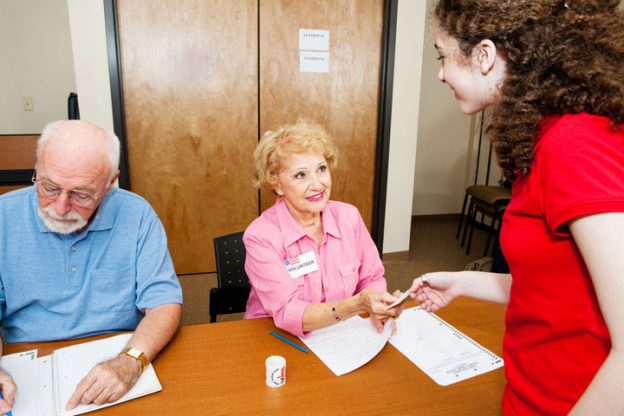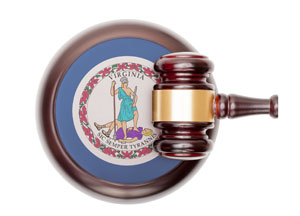One Wisconsin Institute, Citizen Action of Wisconsin Education Fund and six individuals brought a suit arguing that Wisconsin’s voter ID law and other election-related laws have a disproportionate impact on Wisconsin youth and minorities.
While the trial has concluded, there has not yet been a ruling. The decision is expected by the end of July. However, because the decision will come too close to the date of the August 9 partisan primary, presiding Judge James Peterson has said that his decision will not affect that election.
During this two-week federal trial, both sides used multiple expert witnesses to make their arguments.
Plaintiff Experts
Plaintiff expert Lori Minnite, a voter fraud expert and associate professor of public policy and administration at Rutgers University in New Jersey, testified that voter fraud is uncommon in Wisconsin and that these laws tend to be politically motivated. She opined that the Republican Party believes that it benefits from more restrictive voting laws and the Democratic Party believes the opposite, which can be seen in a “really stark partisan divide in every legislature that’s adopted voter ID laws in recent years.”
Plaintiff witness Allan Lichtman, Distinguished Professor of History at American University, opined that, “[t]he plausible explanation for these many restrictive measures is the partisan gains that Republicans can achieve through provisions that disproportionately burden African American and Hispanic voters and potential voters.”
Plaintiff witness Kenneth Mayer, Professor of Political Science at University of Wisconsin-Madison, has opined that Wisconsin’s elections laws impose “substantial burdens” that “have the greatest effect on identifiable population subgroups, particularly racial minorities, young voters, students, and registrants without ID, depressing their turnout by making it significantly harder to register and vote.”
Plaintiff witness Barry Burden is a professor of political science at University of Wisconsin-Madison and the Director at UW Elections Research Center. Burden has concluded that “the changes to Wisconsin election law between 2011 and 2014 that are challenged by plaintiffs in this litigation will predictably have a disproportionate impact on voting participation by blacks, Latinos, young people, lower income individuals, and Democrats in Wisconsin. The challenged laws disproportionately increase the costs of voting for these individuals.”
Defense Experts
Defense witness M.V. Hood III is a professor of political science at University of Georgia. He has concluded that “Wisconsin’s election code provides a reasonable and common sense approach to the manner in which elections are conducted in the state” and has stated that, “I can think of no reason that would lead me to believe that the changes undertaken to Wisconsin’s election code under challenge in this case have, or will have, a detrimental impact on the ability of Wisconsin voters to cast a ballot, including minority voters.”
Defense witness Nolan McCarty, Susan Dod Professor of Politics and Public Affairs at Princeton University, concluded that there is little evidence that the changes in electoral law had significant partisan effect. He further concluded that findings suggesting an adverse effect on minorities or youth are attributable to attrition biases, measurement error or misinterpreting the findings.






